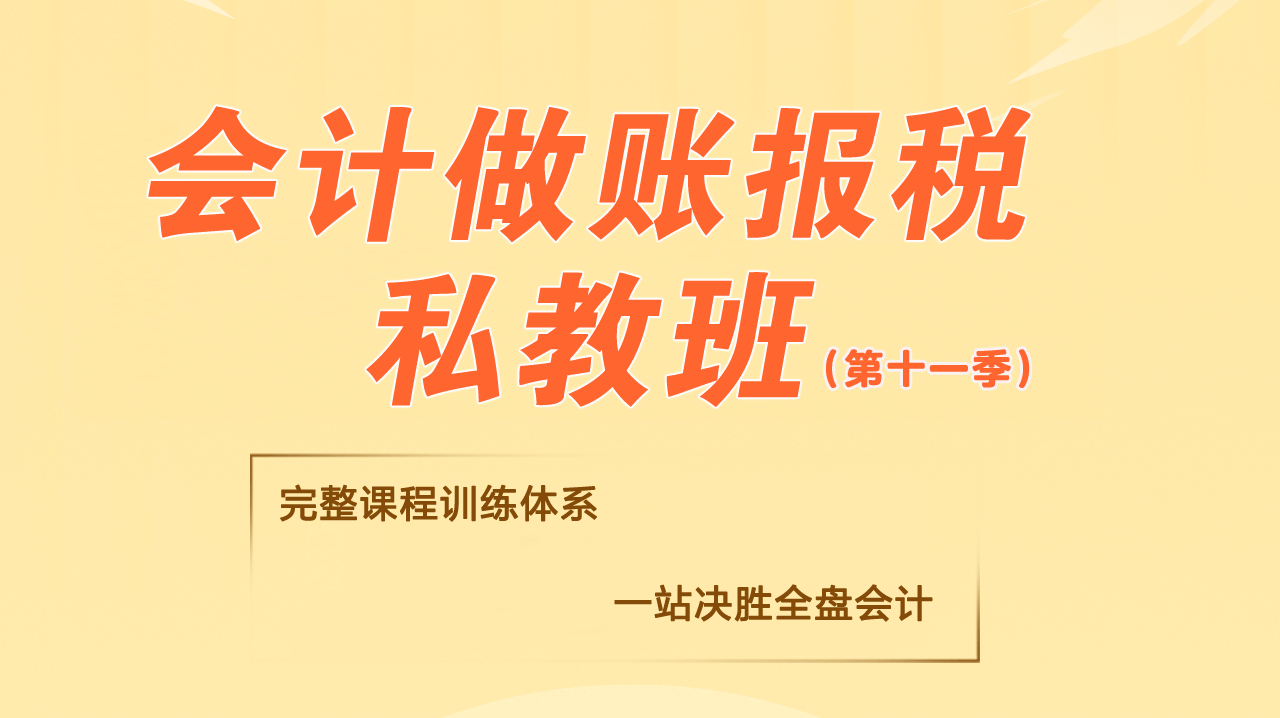中国高铁降速很明智(双语)
Asked by a visitor last year why their new high-speed train was to be called the CRH380, engineers at Chinese locomotive manufacturer CSR Sifang laughed. Because the trains would operate at up to 380km/h of course, they said.
去年,一位到访者问到:为什么中国新型的高速列车名为CRH380?中国机车制造商南车四方(CSR Sifang)的工程师们听到后笑了。他们回答说,这当然是因为列车的最高运行时速为380公里。
This week, sleek new CRH380s – the CRH stands for China Railway High-speed – will begin commercial service between Beijing and Shanghai. But China’s railway mandarins may be regretting their choice of name.
本周,崭新亮丽的CRH380列车——CRH是“中国铁道高速列车”(China Railway High-speed)的缩写——将开始在京沪线投入商业运营。但是,中国铁道部官员恐怕正后悔取了“CRH380”这个名字。
Far from clocking in at what would be world-beating 380km/h, the new services are to be capped at 300km/h. That is still a highly impressive pace, but – whisper it – no faster than the swiftest Shinkansen trains operating in neighbouring Japan.
新列车的最高时速并没有采用全球最高的380公里,而是限定在每小时300公里。这个速度依然相当极其惊人,但——小声点儿——并不比邻国日本最快的“新干线”列车更快。
Still, while nationalists may be disappointed, the decision to hit the train brakes should be applauded.
尽管这或许令民族主义者们感到失望,但让列车减速的决定值得称赞。
Chinese rail executives and engineers are proud of having created in less than a decade the world’s biggest high-speed railway network, and their emergence as contenders in the global market for fast trains.
中国用了不到10年时间,就建成了全球最大的高铁网络,并在国际高速列车市场上占据了一席之地,这让中国铁道部官员和工程师们备感骄傲。
But as this column noted last year, that success is clouded by safety concerns and doubts about the extent to which CSR Sifang and other domestic manufacturers of 380-series trains remain reliant on recently acquired foreign technologies.
然而,正如本专栏在去年指出的,上述成功的背后阴云重重:人们担心高铁的安全性,且满腹狐疑,不知道生产380系列动车的南车四方等国内制造商对近年才获得的外国技术仍有多大程度的依赖。
It is not only cynical foreigners who are worried, as shown by extraordinarily frank comments from Zhou Yimin, former deputy director of the Chinese rail ministry’s high speed department, published in local media this month.
对此感到担忧的不光是疑心重的外国人。原铁道部高速办副主任周翊民本月在国内媒体上发表的异常坦率的言论,就是例证。
Mr Zhou said the 380km/h target and the 350km/h operating speed put in place on other Chinese trunk lines until recently constituted a dangerous “fabrication” imposed on the orders of now-disgraced former rail minister Liu Zhijun.
周翊民表示,此前国内其他高铁线路实行的350-380公里时速是不顾安全系数的“造假”,是如今名誉扫地的原铁道部部长刘志军的旨意。
Chinese officials and train manufacturers have claimed such record-breaking operational speeds were the result of “digesting” and improving upon technology acquired from Japan’s Kawasaki Heavy Industries, Germany’s Siemens, France’s Alstom and Canada’s Bombardier.
中国政府官员和列车制造商均表示,这种破纪录的运行时速,是“消化”和改进从日本川崎重工(Kawasaki Heavy Industries)、德国西门子(Siemens)、法国阿尔斯通(Alstom)和加拿大庞巴迪(Bombardier)等外国公司所购买技术的结果。
Mr Zhou said trains built by units of China’s two big manufacturing groups China North Locomotive and Rolling Stock Corp (CNR) and China South Locomotive and Rolling Stock Corp (CSR) actually went faster merely by “eating into the safety tolerances” of the originals.
周翊民表示,中国两大机车制造集团——中国北车股份有限公司(CNR)和中国南车股份有限公司(CSR)——旗下公司生产的列车之所以跑得比外国列车更快,其实是因为“吃掉安全余量”。
Even more scarily, Mr Zhou said authorities hushed up technical failures that ranged from unscheduled stops due to track subsidence and equipment covers that fall off.
更令人惊骇的是,周翊民表示,当局有意隐瞒各种技术故障,如由于轨道沉降和设备的盖子掉落而临时停车。
“In fact, there are often small problems on some lines – and some problems that look small but actually are not – but all of them are being kept secret,” Mr Zhou was quoted as saying by the 21st Century Business Herald. “我们目前这几条高速铁路小问题常有,有些问题看来小,实际不小,但都保密。”《21世纪经济报道》援引周翊民的话表示。
It is not easy to judge how dangerous Chinese high-speed trains might be. Revelations earlier this year that nearly $30m of funds budgeted for the Beijing-Shanghai line were misappropriated last year are not reassuring, given the risk that corner cutting could undermine safety.
中国高速列车可能会有多大危险不好判断。今年早些时候曝出的去年京沪高铁项目有近3000万美元资金遭挪用的消息,无法让人感到放心,因为偷工减料有可能影响高铁的安全性。
But a Japanese executive familiar with high-speed rail projects says Chinese high-speed lines show impressive smoothness of ride – a sign of engineering quality. And he says the Japanese E2-1000 Shinkansen – on which one type of the new CRH380 trains was based – was originally designed with very generous safety tolerances.
不过,一位对高铁项目颇为熟悉的日本高管表示,中国高铁在运行中非常平稳,让人印象深刻——这是工程质量的体现。他还表示,日本的E2-1000新干线列车——有一款新型CRH380列车就是在该款列车基础上生产出来的——在起初的设计上留出了很大的安全冗余。
Chinese lines are also less busy than those in Japan, where at peak times Shinkansen rush along the main line between Tokyo and Osaka every three or four minutes. “As long as their service is at 15 or 20 minute intervals, I think maybe there is not a problem,” the executive says.
此外,中国高铁线路也没有日本新干线那样繁忙。东京至大阪的主干线在高峰时每三、四分钟发一趟车。“只要他们发车的间隔保持在15-20分钟,我想也许不会有问题。”
Beijing has been at pains to reassure passengers, with state media citing “substantial laboratory data” as showing train safety is “fully guaranteed”.
中国政府苦口婆心地安抚乘客,国有媒体引用了“大量的实验室数据”,以证明高铁列车的安全性“完全有保障”。
Still, the most important signal that safety is being taken seriously is the willingness of Sheng Guangzu, the new Chinese rail minister, to cut operating speeds – no small matter given the sensitivity of taming a programme seen as a matter of national pride.
不过,安全性受到重视的最重要信号,是新任铁道部长盛光祖竟然肯降低高铁运行时速——这绝非小事,一个被认为事关国家面子的项目受到修剪,是一件非常敏感的事情。
The slowdown may prove hard to sustain – one official said this week selected lines would continue to run at 350km/h, while some journalists on a Beijing-Shanghai run this week reported that their train at times exceeded 300km/h.
减速或许将难以维持下去。一位官员本周表示,个别线路将继续按照350公里的时速运行。本周乘坐北京至上海高铁的一些记者报道称,他们所坐的列车时速有时候超过了300公里。
But Mr Sheng’s order should be enforced and should signal a more measured approach to high-speed rail. Time is needed to knit together and test signalling and management systems and to build quality infrastructure. A solid track-record at home will be the best basis for future overseas success. China’s high-speed train sector should make haste slowly.
但盛光祖的命令应该得到落实,并传递出一种以更慎重态度对待高铁的信号。揉合各家技术、试验信号和管理系统,以及建设高质量基础设施,是需要时间的。在国内取得良好的记录,是将来在海外获得成功的最佳基础。中国高速列车行业应避免“欲速则不达”。



